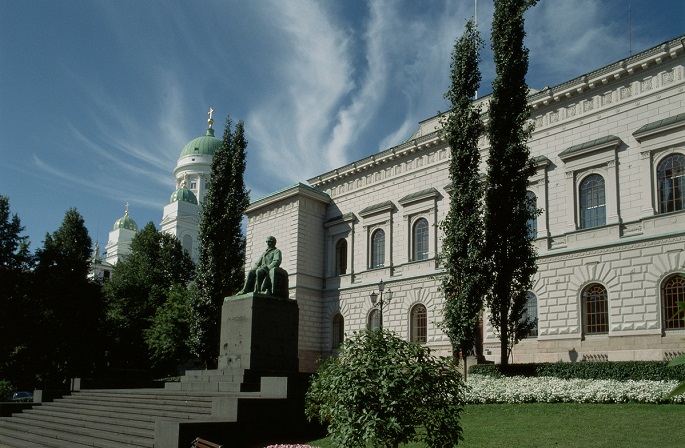Bank of Finland sees no economic recovery in 2024
Published : 17 Sep 2024, 02:21
Updated : 17 Sep 2024, 19:41
The Finnish economy will contract by 0.5% for the full year 2024, and the recovery will be slow, according to the Bank of Finland’s interim forecast published on Monday.
The economy will then grow by 1.1% in 2025. Growth will gather pace somewhat in 2026, rising to 1.8%.
In the early part of this year, growth in the Finnish economy was subdued.
Private consumption and private investment have been weak, and the fragile economic growth has relied on exports and public demand.
The labour market has felt the effects of the sluggish economy, and inflation has slowed considerably.
The recovery of the Finnish economy in the immediate years ahead will be underpinned by various factors.
Purchasing power will be supported by an improvement in employment, a moderate inflation rate and a rise in earnings.
In addition, the export outlook will benefit from a strengthening of the euro area economy.
Household and business confidence is expected to be restored gradually, and the financial markets are anticipating a step by step lowering of interest rates.
There has been a broad-based drop in inflation in Finland during the current year.
The Bank of Finland’s inflation forecast for 2024 is 1.1%. The recovery in the economy will increase price pressures a little, and the tax and excise duty increases will raise prices. The inflation rate will rise in 2025 to 1.8% and then fall back to 1.6% in 2026.
The impact of the weak economic conditions has also been felt in the labour market, with a drop in the employment figures. The unemployment rate for the full year 2024 will rise to 8.3%, but will then decline as the economy improves.
The risks surrounding the forecast are, in the short term, predominantly on the downside. Although there are already early signs of a turn for the better in manufacturing and exports, it is not certain that this will continue.
Geopolitical tensions are adding to the uncertainties over the outlook for world trade.
The biggest risks domestically concern how long consumers will continue to be cautious, and at what point the construction sector will eventually start to recover.
Positive surprises are also possible, especially towards the end of the forecast period.
Consumer confidence and consumption could pick up more quickly than anticipated.
A faster than expected rebound in construction could also further boost growth in the economy.
The pace of economic recovery at turning points in the business cycle has often proved to be faster than initially expected.


